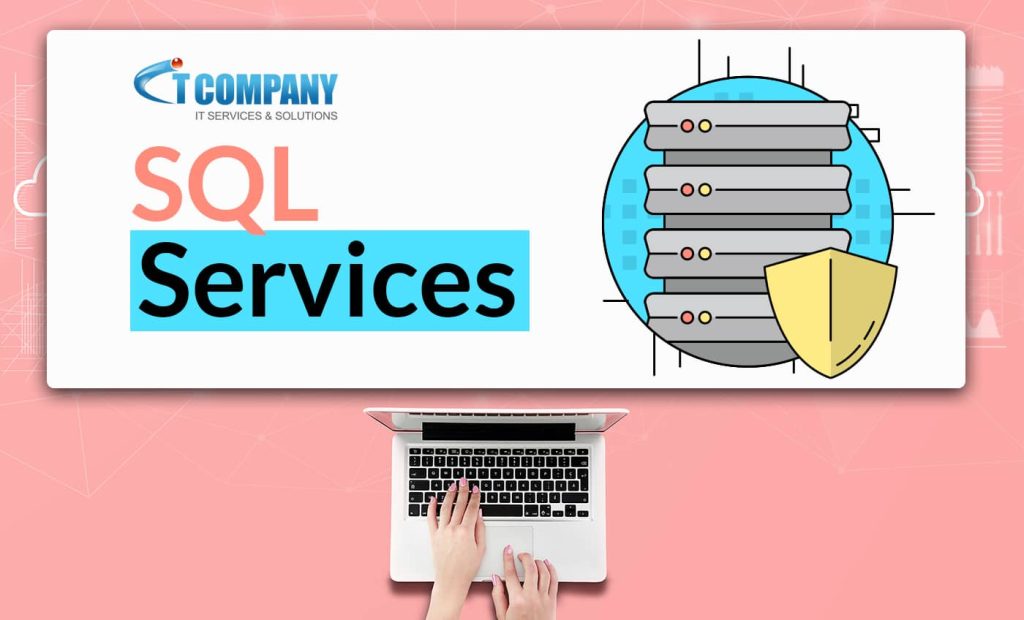
In today’s digital era, data management has become crucial for businesses of all sizes. The ability to efficiently store, retrieve, and analyze data is vital for making informed decisions and gaining a competitive edge. However, traditional data management techniques often struggle to keep up with the increasing volumes and complexities of modern SQL Services.
Fortunately, this evolution offers a powerful solution to modernize data management. SQL, or Structured Query Language, has been around for decades and is widely recognized as the standard language for managing relational database systems. With the advent of cloud computing and advancements in technology, SQL Services have become more efficient, scalable, and versatile than ever before.
Table of Contents
ToggleBenefits of SQL Services
One of the key benefits of modernizing data management with SQL services is improved performance and scalability. Traditional data management systems often face limitations in handling sudden spikes in data load. SQL services, on the other hand, leverage cloud infrastructure to provide virtually unlimited storage and processing capabilities, ensuring faster query execution and seamless scalability.
Another significant advantage is their seamless integration and compatibility with other data management tools and platforms. Whether you’re using on-premises systems, cloud-based solutions, or a combination of both, SQL Services can seamlessly integrate with your existing infrastructure. This compatibility empowers organizations to leverage their current investments while unlocking the full potential.
Security is Top Priority
Data security is a top concern for businesses today, and it offer enhanced security and data protection features. It employ robust security measures, including data encryption, access controls, and industry-standard compliance certifications. This ensures that your valuable data remains secure and protected against unauthorized access, data breaches, and cyber threats.
Furthermore, modern SQL Services provide simplified data analysis and insights. With SQL’s rich querying capabilities and advanced analytics tools, businesses can unlock valuable insights from their data. It enable efficient data exploration, aggregation, and visualization, allowing organizations to make data-driven decisions quickly and effectively.

Choosing Right SQL Services or to Migrate
Implementing SQL Services in data management requires careful consideration and planning. Choosing the right SQL service provider is crucial, as it directly affects the performance, scalability, and security of your data. Organizations should evaluate providers based on factors such as reliability, support, cost-effectiveness, and customer reviews.
Migrating from legacy systems to it can be a complex process, but the benefits outweigh the challenges. It is essential to develop a comprehensive migration strategy, ensuring data integrity, minimal downtime, and a seamless transition. Moreover, optimization techniques such as query optimization, indexing, and caching can significantly improve the performance of SQL Services.
To ensure efficient SQL data management, businesses should follow best practices. This includes regular data backups, implementing disaster recovery plans, and optimizing data storage and retrieval. Adhering to these practices helps maintain data integrity, prevent data loss, and maximize efficiency.
Future of SQL in Realtime
Real-world examples demonstrate the power of SQL Services in data management. Numerous organizations across industries have successfully implemented to improve their data management practices. These implementations have led to enhanced data availability, faster decision-making, and improved customer experiences.
Looking forward, the future of SQL in data management seems promising. The continued advancements in cloud technology, machine learning, and artificial intelligence will further strengthen the capabilities. As organizations continue to generate vast amounts of data, SQL Services will play a vital role in extracting actionable insights and driving innovation.

Conclusion
In conclusion, modernizing data management with SQL Services offers numerous benefits for businesses. From improved performance and scalability to seamless integration and enhanced security, It empower organizations to effectively manage and extract value from their data. By leveraging it, businesses can unlock the full potential of their data, enabling them to make data-driven decisions that drive success and growth.
FAQs:
What is SQL?
SQL Services, or Structured Query Language, is a programming language used for managing and manipulating relational databases. It provides a standardized way to interact with databases and perform various operations such as querying, inserting, updating, and deleting data.
What are the advantages of modernizing data management with SQL services?
Modernizing data management offers improved performance, scalability, seamless integration, enhanced security, and simplified data analysis and insights.
How do SQL ensure data security?
IT employs robust security measures such as data encryption, access controls, and compliance certifications to ensure data security and protection against unauthorized access and cyber threats.
What are some optimization techniques for SQL ?
Optimization techniques include query optimization, indexing, caching, and performance tuning to enhance the speed and efficiency of data retrieval and processing.
What is the future of SQL services in data management?
The future of SQL Services in data management looks promising, with advancements in technology like cloud computing, machine learning, and artificial intelligence further enhancing the capabilities. It will continue to play a crucial role in extracting valuable insights from vast amounts of data.